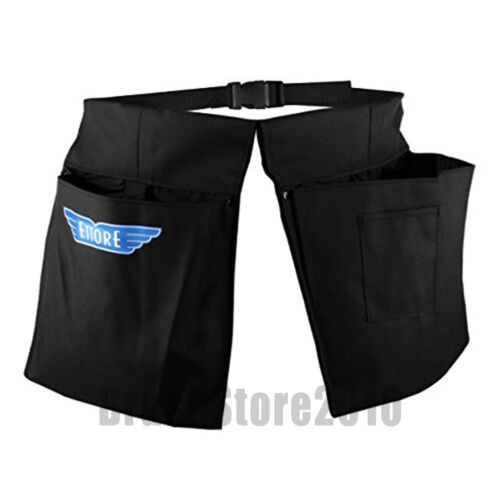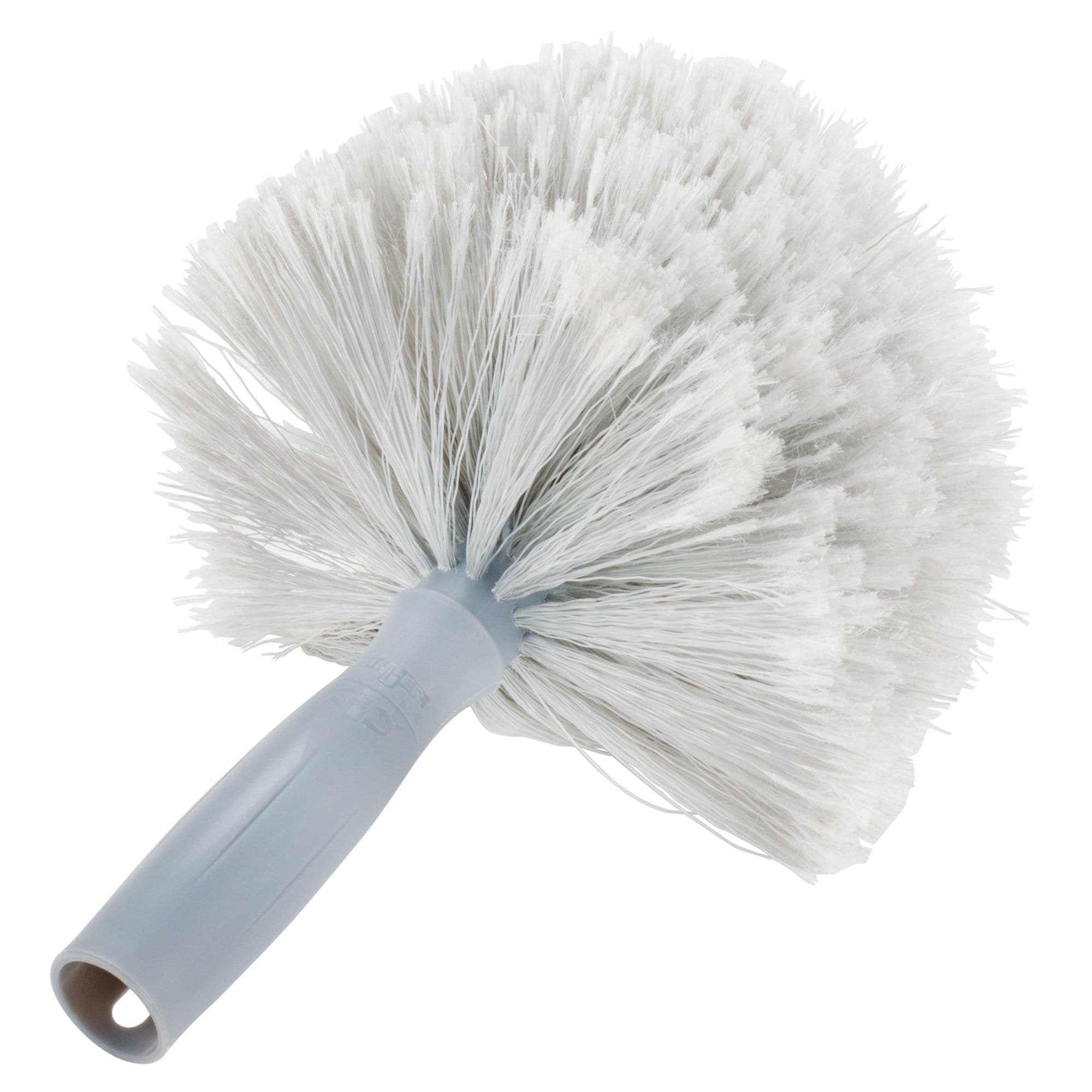scottish cleaning service
Well-known member
- Messages
- 9,075
- Location
- Paisley
I have a big Bungalow that takes alot of time due to the dust and webs on all the cills. Decided to grab a damp cloth and proceeded to clean every cill before I started. I then cleaned with the pole and in no time I was finished. Might even go back to wearing my pouches to hold my damp cloths because I think I will be trying this method from now on because I'm spending too much time on cleaning the cills. ???





